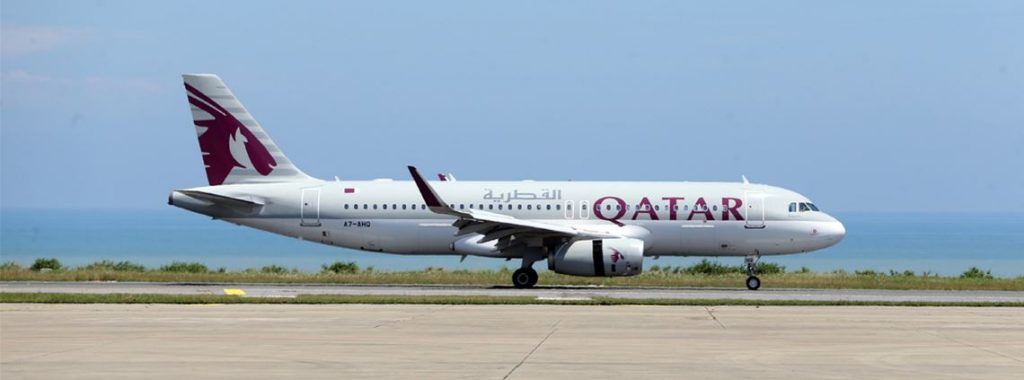Why airlines have been left ‘keeping their fingers crossed’ for aircraft deliveries

The Covid-19 pandemic “destroyed” aircraft manufacturers’ supply chains, according to Qatar Airways CEO Akbar Al Baker, who said he was keeping his “fingers crossed” that manufacturers would be able to keep to delivery schedules.
“I am not pleased at all, because there is a lot of pressure on the supply chain,” Al Baker told a roundtable event, Simple Flying reported.
“I think the Covid pandemic really destroyed the supply chain of all the aircraft manufacturers, and I don’t see how this will be coming back to what it used to be before Covid in the foreseeable future.”
Supply chain disruptions in the aircraft industry has forced airlines to hope for the best when it comes to awaiting delivery of new airplanes to meet surging post-pandemic passenger demand.
Qatar is expecting to receive Boeing 777X aircraft in 2025 and Boeing 737 MAX aircraft from the end of 2024. It is also awaiting delivery of 18 Airbus A350s and aircraft from the A320neo family from 2026.
“At the moment, both manufacturers have committed to deliver their airplanes to us and we will just keep our fingers crossed. But we know that they will be under a lot of pressure to deliver on time,” Al Baker said.
“We work on commitment, but when we see one of our main suppliers is not getting their supply chain committed to them, what can you do? But, of course, they need to know that they will then have to pay us benefits.”
Disruptions in the supply of titanium – a prime raw material used in aircraft construction – from Russia due to the Ukraine war are among those affecting the industry. Russia is the world’s third largest titanium supplier.
In March Al Baker said that aircraft delivery delays were negatively impacting the airline’s ability to introduce new routes or increase frequency of service on those routes.
Airbus and Boeing are attempting to ramp up production in 2023 to meet demand from airlines, with IATA estimating 1,540 aircraft will be delivered this year – up 300 units (or 24%) on 2022 figures.

